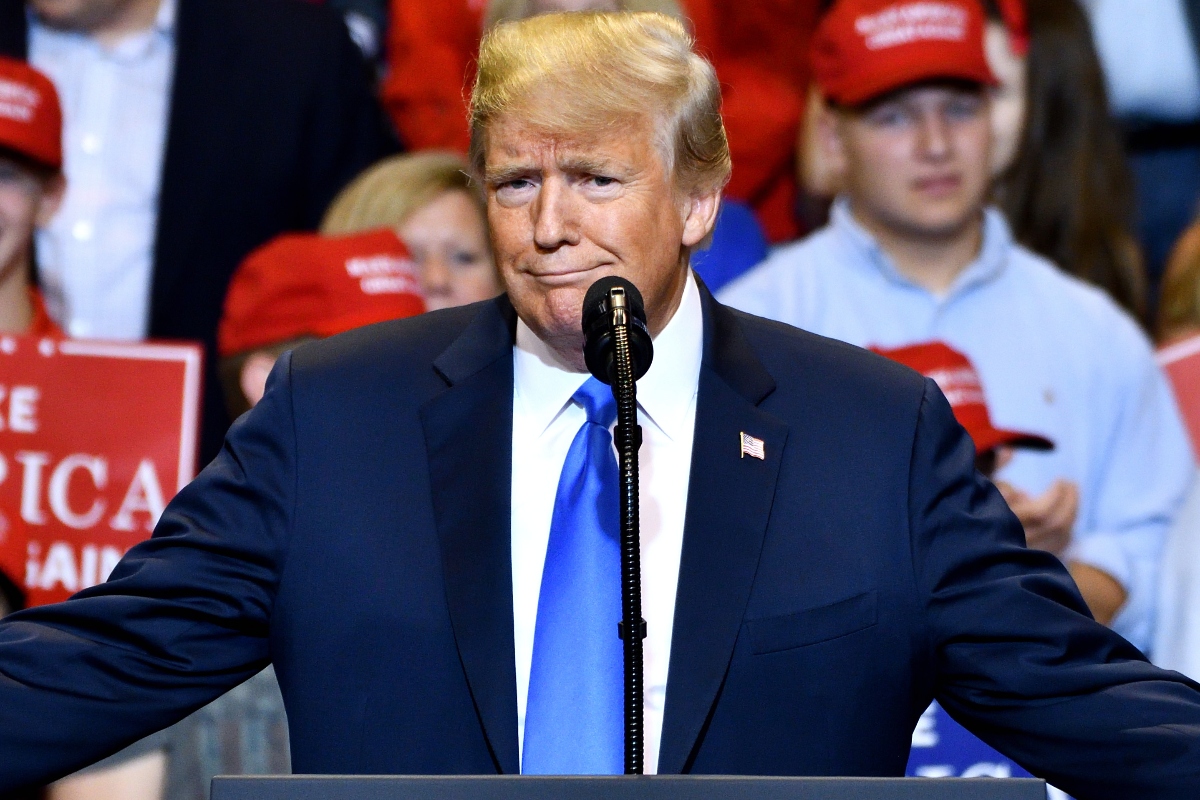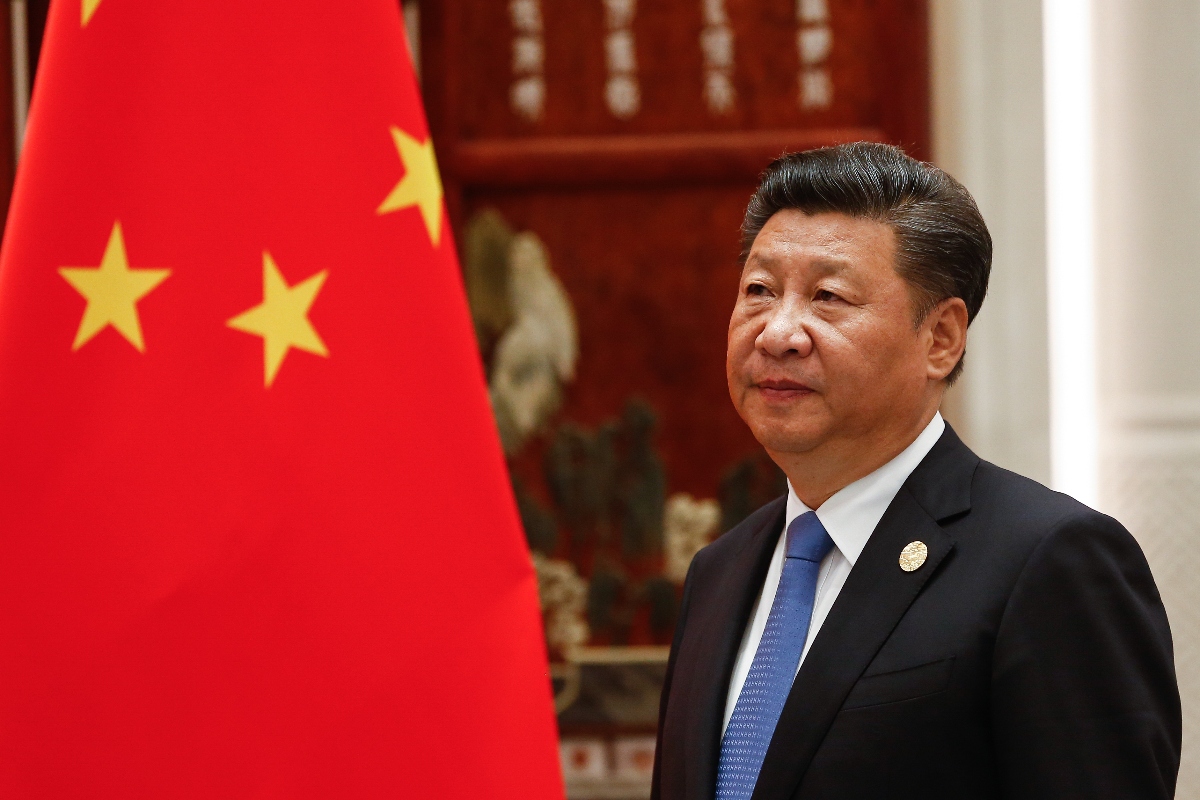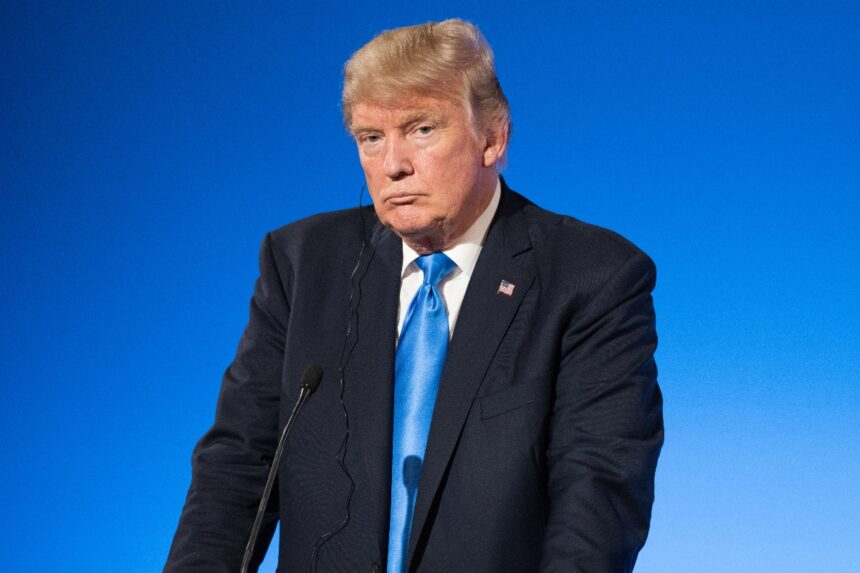U.S. President Donald Trump has officially raised tariffs on products from China to 104%, in response to retaliatory trade measures imposed by the Chinese government. The new tariff takes effect at midnight tonight, White House spokeswoman Karoline Leavitt confirmed to Fox Business.
The move is part of a trade dispute that has intensified in recent weeks and could directly impact millions of consumers and small business owners, including many U.S.-based Hispanics, especially in sectors such as imports, retail and manufacturing.
Trump imposes tariffs on China

It all started when China responded with 34% tariffs on U.S. exports, in retaliation to an earlier package of 34% tariffs announced by Trump last month.
These duties are in addition to an existing 20% levy on Chinese products, arguing that Beijing has not done enough to stem the flow of fentanyl into the US.
Now, with the new additional 50% increase, many Chinese products will reach the U.S. market at up to 104% over cost.
This is a situation that may generate price increases for the final consumer.
How does this affect Hispanics?

Hispanics represent an important part of the U.S. business and labor ecosystem, especially in small and medium-sized businesses. With this new tariff:
The prices of electronic products, textiles, auto parts and household utensils could increase.
Latin importers could see their profit margins shrink.
Hispanic merchants and retailers face uncertainty in the supply chain.
The measure is part of a trade conflict that has intensified in recent weeks
QueOnnda.com
In addition, these measures could have an impact on employment in industries with a strong presence of Latino workers, such as logistics, manufacturing and distribution.
China responds with force

Beijing responded not only with tariffs, but also with export restrictions on rare earths, suspension of agricultural imports from the U.S. and sanctions on U.S. companies.
In addition, it filed a complaint with the WTO for what it considers to be a “blackmailing” trade policy.
Trump, for his part, declared that China “desperately wants a deal” but “doesn’t know how to start it.”
On his Social Truth network, he also noted that the White House “awaits the call from President Xi Jinping.”
This trade conflict could affect the cost of living in the U.S. if it is prolonged.
For the Hispanic community, it is key to closely follow the lists of impacted products, plan purchases and, in the case of entrepreneurs, review contracts with international suppliers.
For more information, visit QueOnnda.com.























